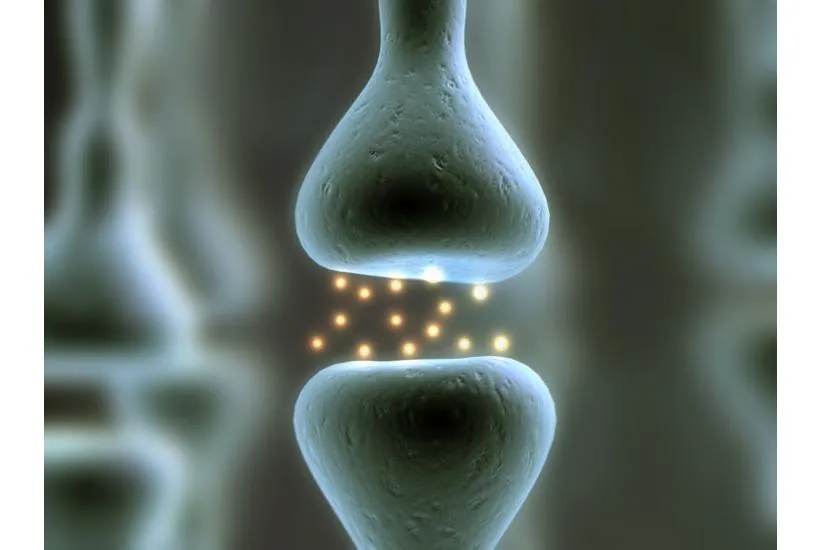Why a Dietitian Stresses Bone Health Post-WLS

This post was written for Diet Direct by Lisa Diewald R.D. and Sharon Howard R.D. of Nutrition for Living
When you decided to pursue bariatric surgery, you knew that a dramatic change in your eating style would be necessary, and no doubt this caused some trepidation. As you navigated through and practiced, you may have found some of the changes easy to make, and some hard to make. Each change you make, however, brings you closer to your goals and a healthier you.
As you continue with your weight loss endeavors and adjust to a new lifestyle, be sure to keep in mind your bone health. This can often be left behind when concentrating on other necessary lifestyle changes.
Why Calcium is So Important Post-WLS

Calcium is stored in great abundance in the body-most of it in the bones and teeth. Preserving this storehouse of calcium, rich in bone strengthening qualities, can be a challenge following bariatric surgery. Depending on the type of bariatric surgery, absorption of calcium (helped by Vitamin D) can dramatically fall as most calcium absorption takes place in the duodenum and proximal jejunum, which may have been impacted by surgery. When calcium absorption and intake fail to keep up with needs, bone loss may occur.
Although even a 1-2% bone loss can occur with a modest 10% voluntary weight loss, the greater weight loss seen following bariatric surgery can mean more significant bone loss. Over time, this can increase the risk of osteopenia (low bone density) or osteoporosis. Low vitamin D intake and absorption can also result in osteomalacia (soft bones) and osteopenia.
Calcium and Vitamin D Needs for Bone Health

To prevent bone loss following bariatric surgery, 1200-1500 mg calcium daily is recommended, along with 1000 IU Vitamin D. You may be thinking that keeping up with calcium and Vitamin D needs is like managing a leaky faucet that is spilling water more quickly than can be replenished, but don’t be discouraged. Although it sounds like a formidable challenge to keep up with calcium and vitamin D needs, careful attention to diet and vitamin selection can help keep your bones healthy and strong.
To meet your calcium and Vitamin D needs, check out the tips below:
- Consult your physician for guidance on your diet and vitamin needs. Your needs may vary based on the type of bariatric surgery and other medical conditions.
- Make the most of your milk choices. Select 3 8oz glasses of skim milk a day. Milk provides not only close to 300 mg calcium per cup, it also is fortified with vitamin D.
- Try some other high protein calcium sources, such as nonfat cottage cheese and low or nonfat cheese as part of your meal plan.
- A significant amount of our vitamin D needs come directly from the sunlight and a little goes a long way. Enjoying a 30 minute walk outside in the fresh air is a great way to get some much needed vitamin D and relieve stress at the same time.
- It’s difficult to get all the calcium and Vitamin D you need with food alone, so choosing a supplement that meets your needs is important. Here are some tips:
- Choose one that contains calcium citrate. Calcium citrate does not require hydrochloric acid (stomach acid) for digestion and is therefore recommended for bariatric surgery patients. In addition, the risk of kidney stone formation is lower with calcium citrate than calcium carbonate.
- Choose one that tastes good. Why? Because it’s more likely that you will take it on a regular basis. Bariatric Advantage Chewy Bites are sugar-free, contain only 15-20 calories each and come in several different flavors, providing some variety to wake up your taste buds. Chewy Bites are available in 250 mg calcium citrate (with 125 IU Vitamin D3) and 500 mg calcium citrate (with 500 IU Vitamin D3) formulations so you can easily find one that meets your needs. You could choose to take either two 250 mg chewy bites 3 times a day or one 500 mg chewy bite 3 times a day.
For information on other key vitamins & minerals, check out our guide for a long term approach to nutritional planning, here.
To learn more about calcium and bariatric nutrition call or visit dietdirect.com/bariatricchoice